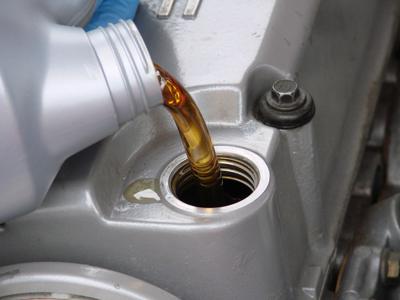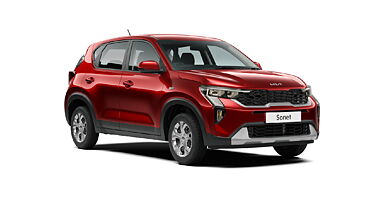Regular car maintenance is a worthy investment that helps a vehicle run efficiently and safely. It also also avoids costly repairs that may occur in a long run. Changing engine oil is one of the most inexpensive yet important routine car services that help engine work smoothly, prevent carbon accumulation and improve cruising power by dispersing heat and maintaining an ideal temperature in combustion chamber. To get a better engine performance, it’s essential to use right lubricant for your car. There are several types of car engine oil, but choosing a right one for your own vehicle isn’t an easy task.

How to choose the right engine oil for your car? Here’s what you need to take care of:
Oil Viscosity: Viscosity is the measure of oil’s thickness and flow resistance. It needs to be matched with the ambient temperatures, as the thick oil doesn’t stir around the engine when engine is cold and the thin oil doesn’t protect engine components when engine is hot. The optimum viscous lubricant improves energy efficiency and avoids components friction too. Lubricants with lower-viscosity are less resistance to moving components and ensure smooth start of engine even when it’s cold. The viscosity modifiers are used for improving oil’s viscosity at high temperature, though these are less effective at low-temperature. You can easily know the right oil viscosity for your car’s engine by checking manufacturer’s car care guide.
Check for Lubricant Numbers and Certifications: Multigrade lubricants, usually have two grade numbers, decrease viscosity in high and low temperatures and also maintain engine performance under such variations. ‘W’ (stands for winter) is the first number on a multigrade oil that symbolizes the viscosity of oil at low temperatures, while the second number represents lubricant’s viscosity at high temperatures. Quality engine oils hold certifications that signify that oil abided all the testing and content standards of the organizations such as API (American Petroleum Institute).
Mineral oil or synthetic oil?: Mineral oils are processed crude oils, while the synthetic lubricants involve complicated chemical processes. Synthetic oils are more refined and efficient, and less volatile than conventional oils. It provides more protection to engine components, while improving cold starting and fuel economy.
Use Oil Additives: Oil additives provide extra protection to the base engine lubricant and make it more efficient for longer. There are different types of oil additives such as dispersant, detergents, antioxidants, friction modifiers, anti-wear additives, anti-rust additives etc.
Change it often: For better and longer engine life, it’s important to change the lubricant often i.e. twice a year or every 1, 000 miles. Since, cars in India usually run under rough driving conditions, they need more frequent replacement.


























